Kenya
When the late Tom Cholmondeley walked into his cell after being accused of murder in Kenya’s Rift Valley, etched onto the wall were the words Ubaya ya jela ni kishoga — Swahili for ‘the worst of jail is buggery’. During an incarceration of 41 months in Kenya’s Kamiti Maximum Security Prison he endured both squalor and terror: men beaten to death, hunger, 92 inmates to a single latrine bucket, cold, dirt, rats, lice and bedbugs — which leave a line of three bites known as breakfast, lunch and dinner. While facing the death penalty or life imprisonment, he saw his two young sons for just 30 minutes a time on two occasions due to prison rules that disallowed visits by children. Alone, he gazed up through his cell window, recalling his childhood on the shores of Lake Elementaita:
At night I would lie in bed listening to the companionable chatter of the flamingos flying overhead or to the calls of the African nightjars, sounds which I have only to think of to feel homesick when away.
I quote him from his prison diary, which he gave me to read after his release (he had been sentenced for manslaughter). For his own reasons he decided against publishing this, despite its revelations. But at its heart his memoir is a harrowing account of prison conditions and it is also a touching portrait of friendship with his fellow inmates. ‘So you’re the guy who kills black people,’ asked a very scary crime boss when they first met. ‘I replied “No, I thought that was you.” With that a friendship had somehow developed… and there was a real catharsis to being accepted by a man hell-bent on destroying everything that I and my family represented to him.’
Tom became deeply loyal to his fellow convicts and he set about trying to improve their lives. With a technician’s skill, he worked on the prison water system and electricity. He organised rodent-culling expeditions and the cultivation of a vegetable garden in a tiny square of light. Eventually, he was allowed to teach business studies in a prison school, together with ‘two wife-strangling English teachers, a car-thieving Mathematician and a confidence-trickster Theologian’.
And all the while Tom continued managing his family estates, holding company board meetings in his cell. He always had good, innovative business projects that employed hundreds of Kenyans. From Kamiti he visualised all the details of home with a photographic memory and gave specific instructions to his directors. His teeth were broken on grit in the prison beans, and in one month he lost 15 per cent of his body weight, but he complained of nothing but the cold. Inmates recall how in the mornings he performed handstands. During his trial he perfected yoga breathing, under the hot glare of television cameras and what he called the ‘harsh rain of public opinion’.
Once, Tom called me on his illegal phone from Kamiti. I do not know where he hid this but phones were regularly confiscated by warders during raids and 36-hour lockdowns — and so frequently the devices had to be hidden up the rectum, Tom revealed. I wondered what important news Tom had for me. After several minutes of humorous discussion, Tom started talking about wheat production in Kenya and what we needed to do to improve this. On his valuable battery time he just wanted to have a chat about agriculture, for which he had a passion. In Tom there was a great deal of his great-grandfather, who had arrived here in 1897 and practically invented modern agriculture in East Africa.
On his liberation, Tom’s girlfriend Sally recalls, ‘He left prison having made friends there. Tom didn’t judge anybody by class or race.’ Tom said, ‘In the cells, I was bolstered by my friends who supported me as I supported them.’ Later, he described his visits back to Kamiti as ‘Old Boys’ reunions’. He became involved in efforts to improve the lives of prison inmates, and to help young Kenyans stay away from crime. One project was a UK charity, the African Prisons Project masterminded by Alexander McLean. This has done extraordinary work to improve inmates’ access to higher education and it has built libraries in African prisons such as Kamiti. The other, Crime Si Poa — Swahili for ‘Crime is Not Cool’ — is run by Peter Ouko, a Kamiti ‘lifer’ of some 17 years who has graduated with a law degree from London University’s distance learning programme. Peter and Tom were friends.
Tom was loved by the many who knew him properly and we will miss him, following his death during a hip operation in Nairobi last week. Peter’s eulogy will be read out at Tom’s funeral on Friday, and a memorial service will also be held in Kamiti’s chapel.
The post Wild life appeared first on The Spectator.
Got something to add? Join the discussion and comment below.
Get 10 issues for just $10
Subscribe to The Spectator Australia today for the next 10 magazine issues, plus full online access, for just $10.
You might disagree with half of it, but you’ll enjoy reading all of it. Try your first month for free, then just $2 a week for the remainder of your first year.


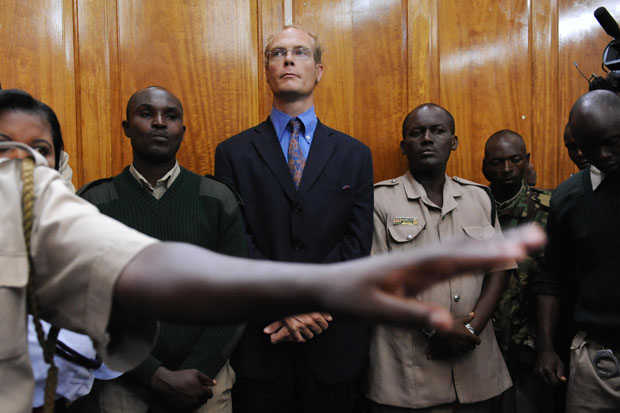
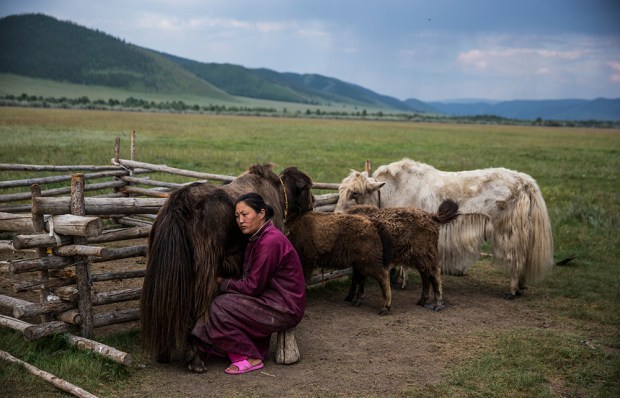
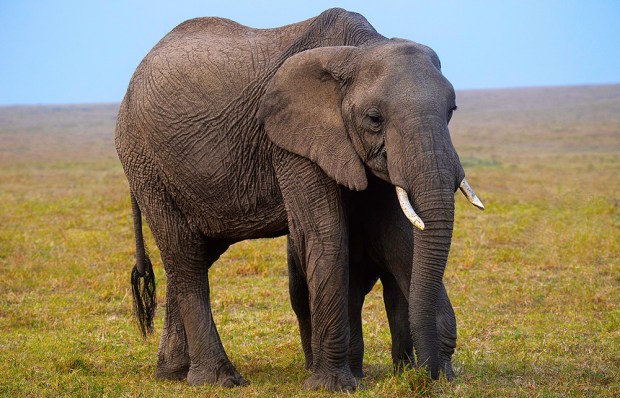
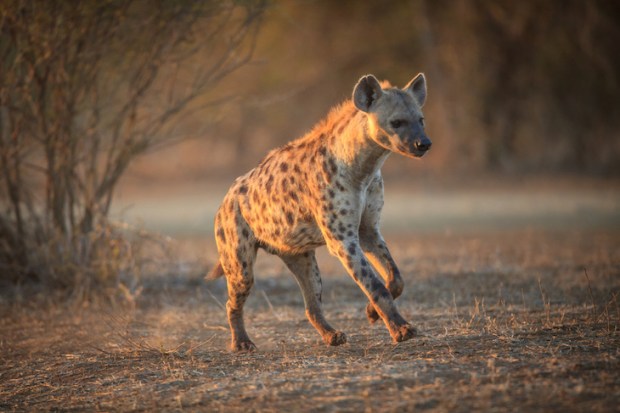
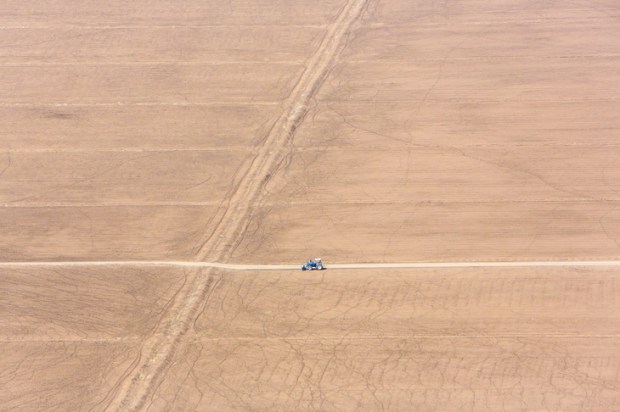

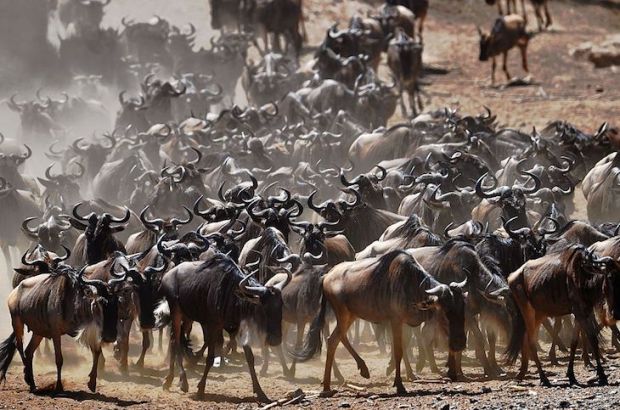






Comments
Don't miss out
Join the conversation with other Spectator Australia readers. Subscribe to leave a comment.
SUBSCRIBEAlready a subscriber? Log in